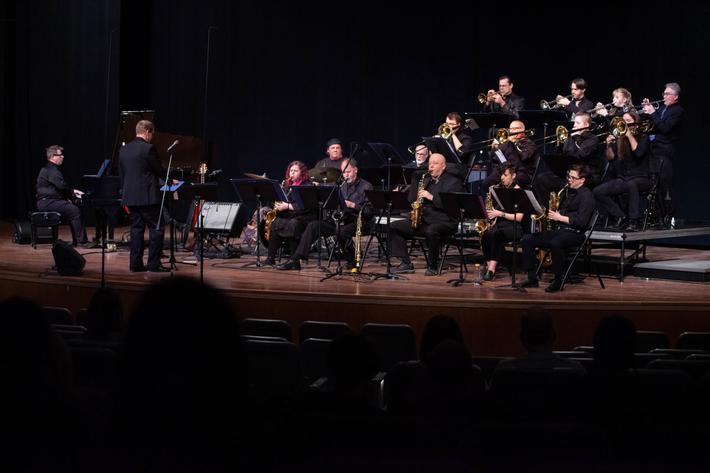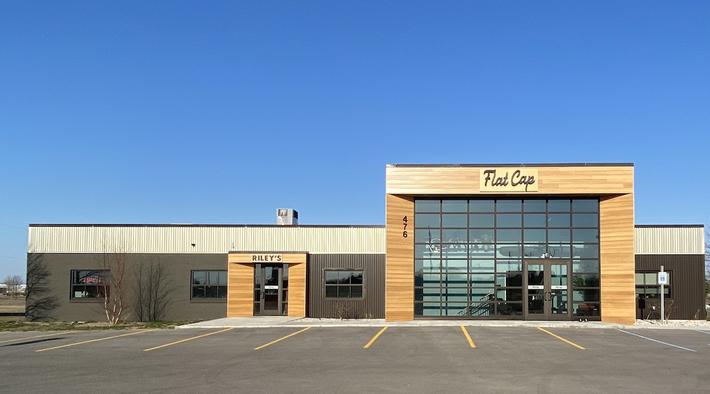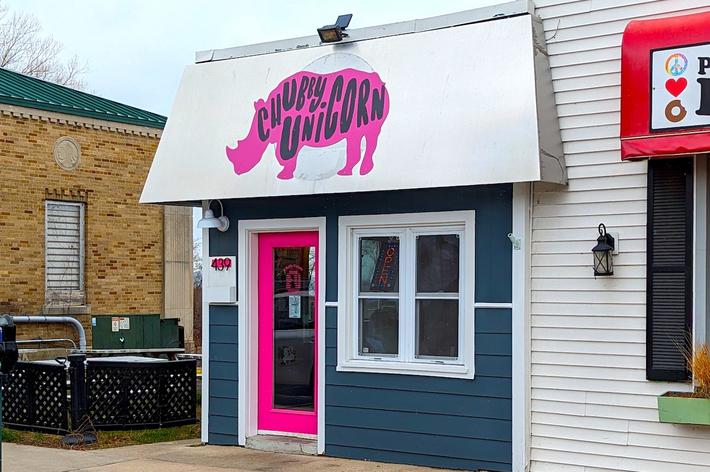Backing Up the Backups
June 13, 2010
Backing Up the Backups/ Three times is the charm, just in case...A sure path to the psychiatrist’s office is the nightmare of anyone who experienced a hard drive crash. It’s that ubiquitous computer thing again. We shouldn’t be surprised, but we tend to take machines for granted. Hard drives are mechanical. If you’ve ever seen the innards of one, it’s a disk, even a stack of disks, spinning at perhaps 5,500 rpm. A little oscillating arm tracks back and forth over the surface of the spinning disk reading the information on the magnetic surface. The problem is, the pickup arm is so close to the spinning surface that a few microns of cigarette smoke can interfere with it.
Eventually, like the wheels of our long dead baby stroller, the bearings wear out and the spinning disk wobbles. The pickup arm crashes against the drive and it’s all over. Eventually this will happen to all hard drives. You may, as happened to Express editor Robert Downes, lose (almost) everything. The scream could be heard all the way to the UP.
The fact is, no digital, magnetic media is archival. By archival, I mean, can it last 100 years? Data I saved in 1983 on 5-inch floppy disks is no longer accessible unless it was transferred to 3 1/4 inch floppies and the new computers don’t even have those smaller drives. Now it’s all flash (or thumb) drives and portable hard drives storing as much as a tetrabyte. I guess a tetrabyte is a 100 gigabyles, and a gigabyte is a 100 megabytes. Those of us old enough to remember those early floppy disks may recall they held about one megabyte. A 100 meg zip disk held as much as 100 of those floppies and they don’t even make zip disks anymore.
BACKING UP
For insurance, it is always wise to back up every file to a flash drive and periodically burn those files to a CD or DVD disk. CD and DVD disks are not magnetic. Though they may scratch or the surface may deteriorate, a chance encounter with a refrigerator magnet won’t hurt them.
There are also new, automatic back-up strategies, such as the McIntosh Time Machine, which periodically backs-up your hard drive to another drive connected by a USB cable. If the hard drive in your computer crashes, you simply download the lost information from your auxiliary drive -- including all of your photos and applications.
Flash drives that plug into USB ports keep getting cheaper. Sometimes the small ones holding one gigabyte of data are given away as freebies. How much can one hold? My old #1 is almost full, but it has all of my roughly 1,600 digital manuscript files, files that in hard copy fill 12 file drawers. Of course, the digital files only go back to 1983 when I bought my first of a long procession of computers. The hard copies go back about 70 years. More than once I have had to return to the paper copies and retype them into the computer, but the essential point is: they were not lost.
Ultimately, the only truly archival records of data are printed on paper. Even the cheap, yellow foolscap manuscripts I typed on as a teenager are still intact. Now, besides printing out everything, usually on the backs of recycled junk mail, I back up data three times: on a portable hard drive (a mere 60 gigabytes!) plus two flash drives.
GET ORGANIZED
Of course, with so many files, you must have a system so you can find the stuff again. Don’t name anything simply “letter” or “story.” If you don’t have the organizational skills to keep track of your files, you don’t have to wait for a hard drive crash to lose them. It’s like the dumb secretary who put everything in a single folder called “miscellaneous.” Go look.
Flash drives are cheap. When I first bought a 5-inch floppy disk I had to pay $4 for one. Now a one megabyte flash drive holding the data of a hundred of those costs about as much. With data storage so cheap, not backing up everything at least once is… well, you decide: dumb? careless? foolish? lazy? cheap? naïve? overconfident? In too big a hurry to hit the “save as” button? Or like those multiple choice tests we professors used to give: “all of the above.”
Visit the web site www.hu.mtu.edu/~hlsachs where you can listen to two stories, read a third, read reviews, and find links to the publishers of my books.
Trending

Springtime Jazz with NMC
Award-winning vibraphonist Jim Cooper has been playing the vibraphone for over 45 years and has performed with jazz artist... Read More >>
Dark Skies and Bright Stars
You may know Emmet County is home to Headlands International Dark Sky Park, where uninterrupted Lake Michigan shoreline is... Read More >>
Community Impact Market
No need to drive through the orange barrels this weekend: Many of your favorite businesses from Traverse City’s majo... Read More >>


